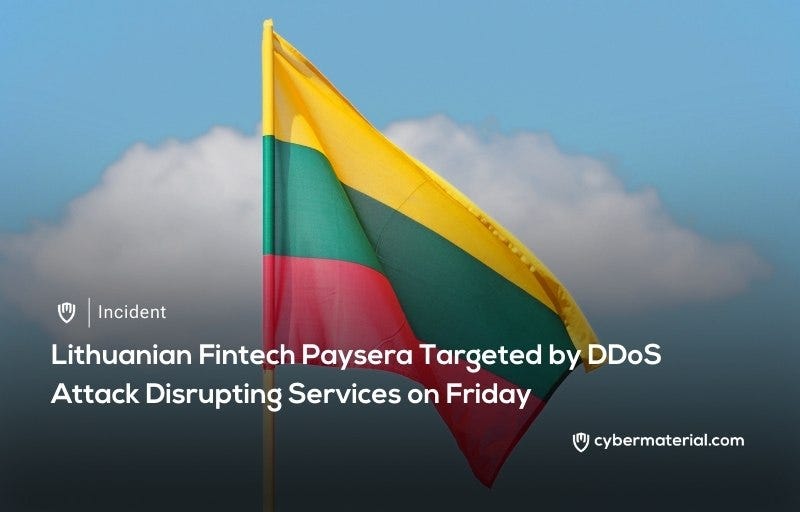
On Friday, Lithuania’s financial technology company Paysera was targeted by a Distributed Denial of Service (DDoS) attack, causing significant disruptions to its services. The attack began around 13:…

On Friday, Lithuania’s financial technology company Paysera was targeted by a Distributed Denial of Service (DDoS) attack, causing significant disruptions to its services. The attack began around 13:…